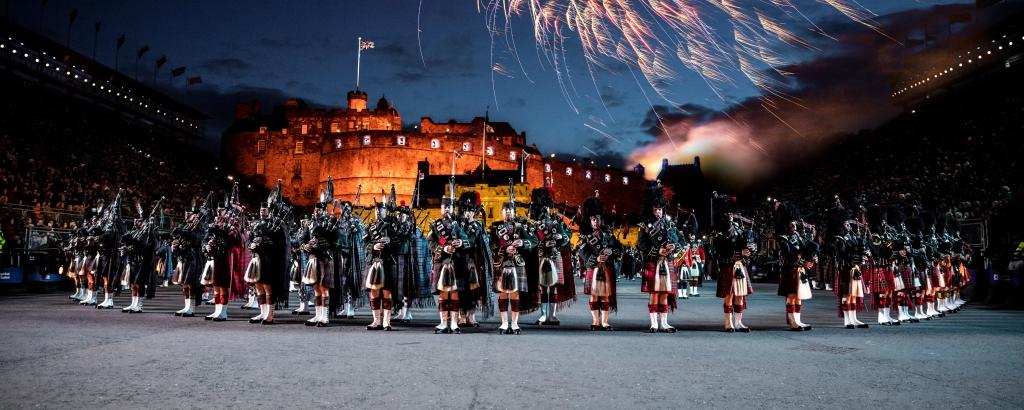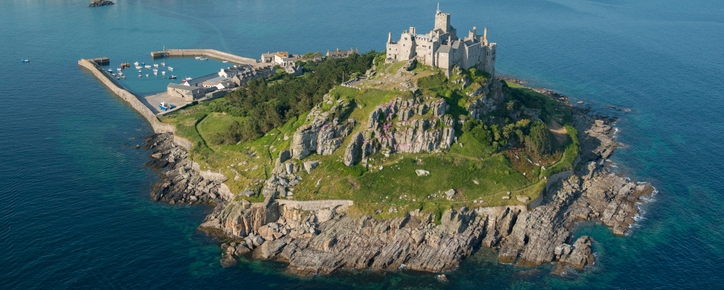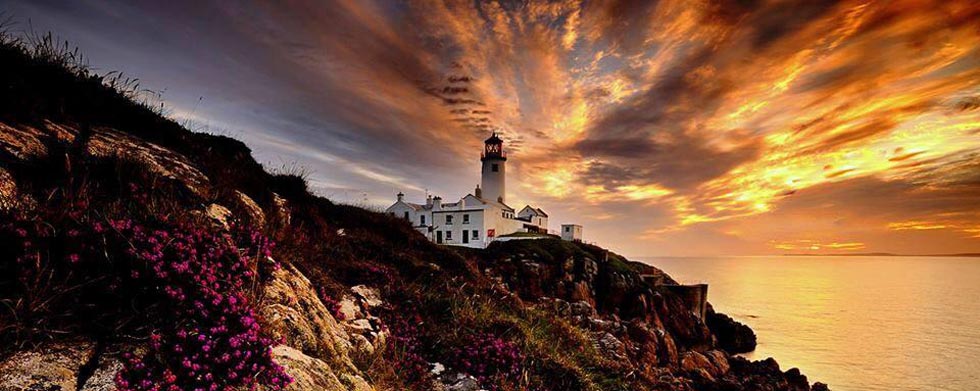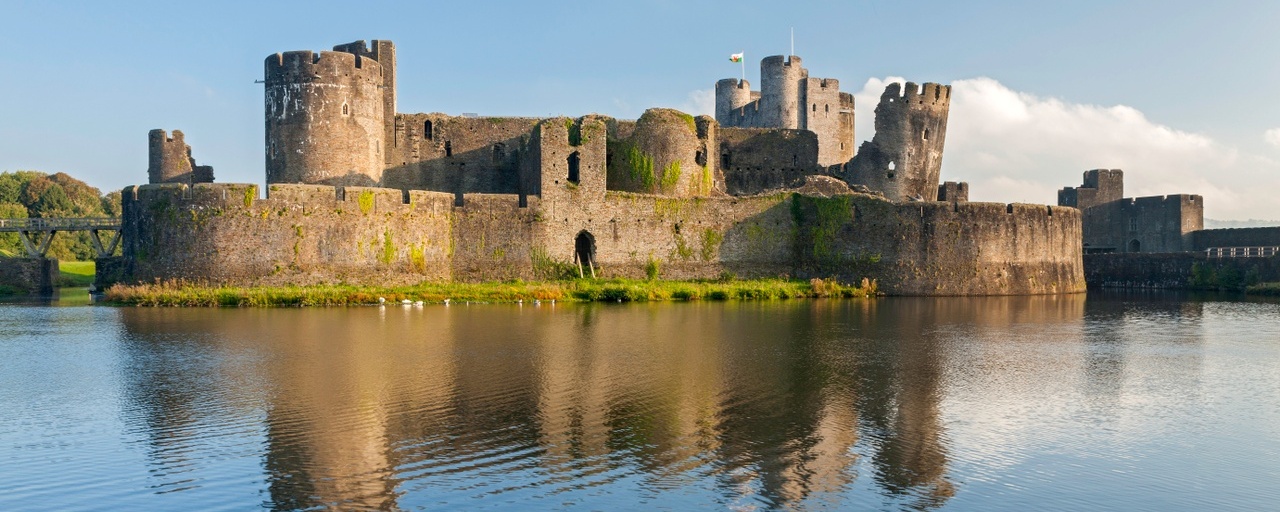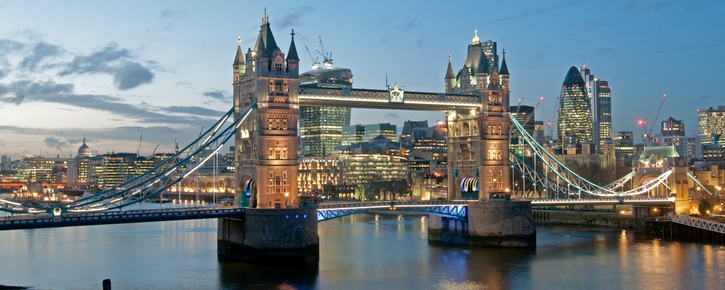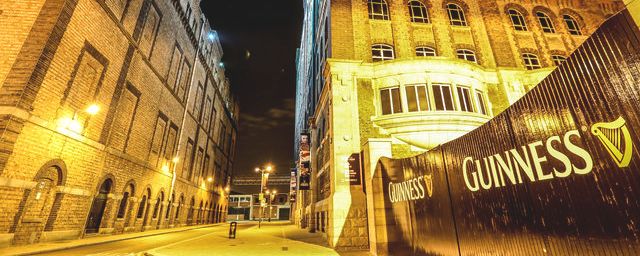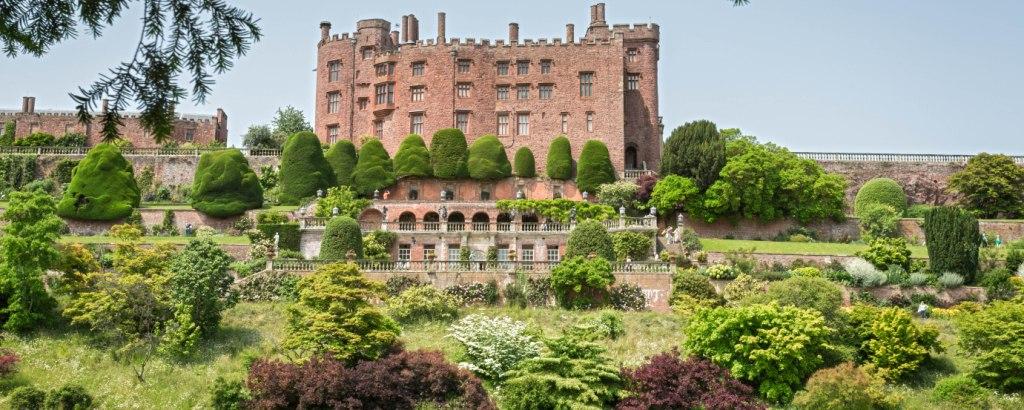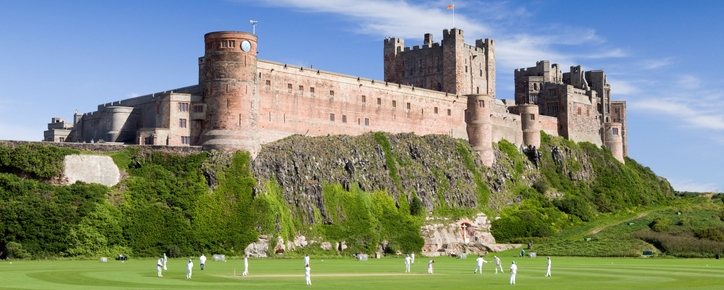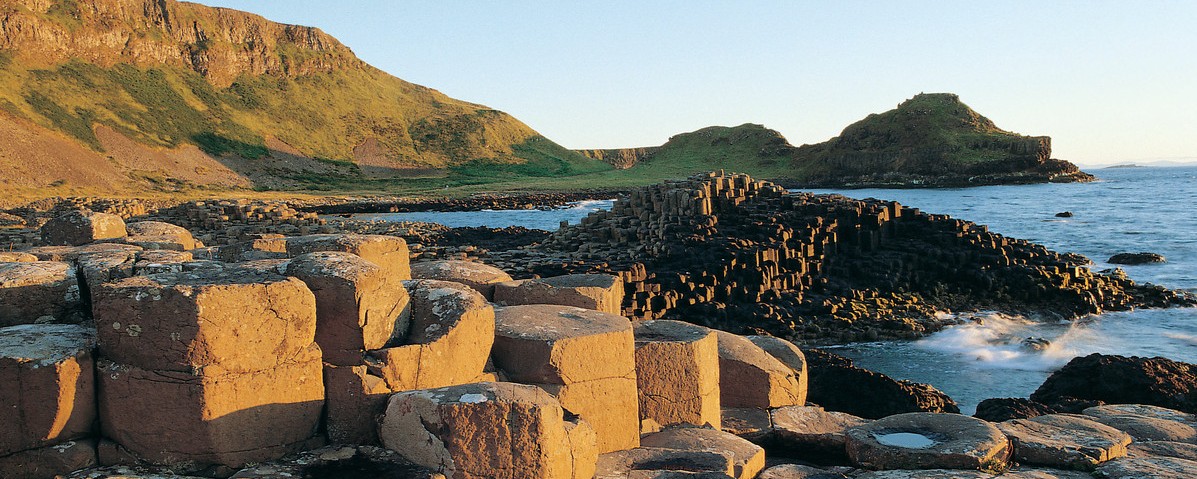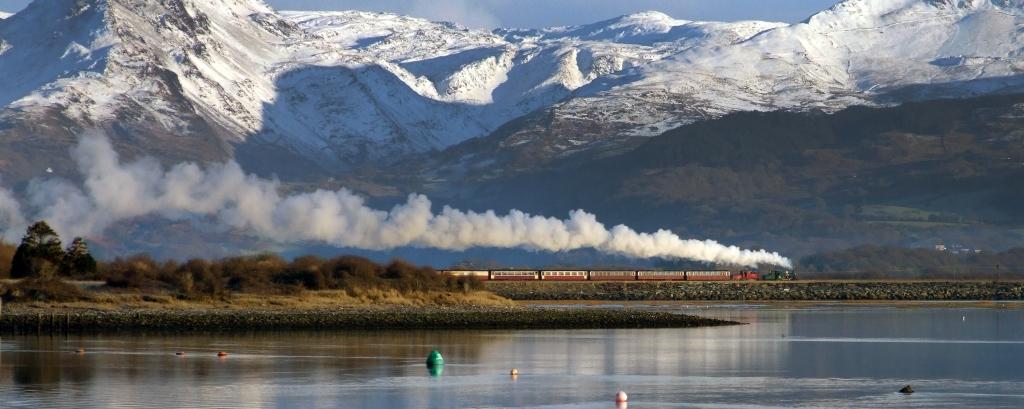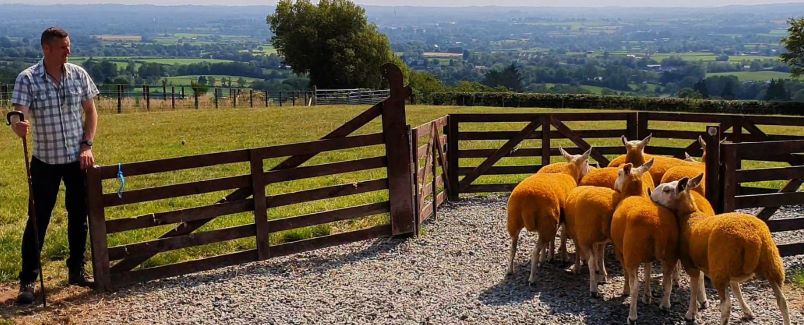Exploring England's Great West Way touring route
Two of our team, Janet and Jan, spent a weekend in the south of England, exploring the Great West Way, a popular touring route which follows 500 miles of navigable routes between London and Bristol.
 Bath Roman Baths
Bath Roman Baths
Janet and Jan started their tour in the charismatic city of Bath where they visited the incredible Roman Baths, which date back over 2,000 years and are amongst the best-preserved Roman remains anywhere in the world. Janet said: “It is such an incredible privilege to be able to walk in the footsteps of the Romans on these ancient stones!”
 Jan at Bath Roman Baths
Jan at Bath Roman Baths
Janet and Jan then took different routes along the Great West Way, discovering many of the wonderful attractions.
Janet’s Tour
Janet’s first stop was Reading Museum, a fascinating destination for discovering more about the popular Thames Valley town of Reading and its surrounding area. One gallery tells the story of Huntley & Palmers, Reading's world-famous biscuit makers. Huntley & Palmers pioneered the mass production of biscuits and that’s why Reading became known as the 'Biscuit Town'.
 Huntley & Palmers sign at Reading Museum
Huntley & Palmers sign at Reading Museum
Windsor Castle is ever popular with our travellers and should not be missed on a visit to this part of England. Windsor Castle has been home to 40 monarchs and is the oldest and largest inhabited castle in the world. Queen Elizabeth II loved living at Windsor and is buried at St George’s Chapel there, alongside her parents and husband.
Two incredible historic homes on the outskirts of London were amongst the highlights of the tour for Janet. Although not on all the main tourist itineraries, they certainly should be.
Strawberry Hill in Richmond is internationally famous as Britain's finest example of Georgian Gothic Revival architecture and home to an increasingly important collection of paintings and objects. Built in the 18th century by writer and historian Horace Walpole, the extraordinary building inspired a generation of architects, who looked to the Gothic cathedrals around Europe for their ideas.
 Strawberry Hill
Strawberry Hill
Marble Hill is the last complete survivor of the elegant villas and gardens which bordered the Thames between Richmond and Hampton Court in the 18th century. Built between 1724 and 1729 as the home of Henrietta Howard, Countess of Suffolk, a favourite of King George II, the Neo-Palladian villa provided an idyllic waterside retreat from Court life.
 Chinese Wallpaper in the dining parlour at Marble Hill
Chinese Wallpaper in the dining parlour at Marble Hill
Nearby Hampton Court Palace is always worth a visit, and it is impossible to tire of the wonderful grounds and gardens as they change throughout the year.
 A bronze statue in the Great Fountain Garden at Hampton Court Palace
A bronze statue in the Great Fountain Garden at Hampton Court Palace
Jan’s Tour
Jan’s tour began at Aerospace Bristol, home of the last Concorde jet ever to fly. This popular museum tells the story of the city of Bristol’s amazing aviation achievements and was one of the highlights of the trip for Jan.
Jan said: “We had lunch under the Concorde which was quite surreal! The museum itself was fascinating and I learnt so much. It is great for all ages and there’s so much to see and do.”
Back in Bath, Jan was intrigued by a visit to Mary Shelley’s House of Frankenstein, a museum dedicated to the life of Mary Shelley and her most famous creation, Frankenstein. It is not widely known that Mary Shelley wrote Frankenstein – the world’s first science fiction novel – in the city of Bath.

“I was quite shocked and intrigued by the story of Mary Shelley’s life and what brought her to write the book,” explained Jan. “It is interesting to see and understand the differences between what the author actually wrote about and what Hollywood portrays!! However, what lies in the basement is not for the faint hearted!!!”
 Mary Shelley’s House of Frankenstein
Mary Shelley’s House of Frankenstein
Cheddar Gorge in Somerset is one of England’s most iconic natural gems and well worth a visit if you’re travelling in the area.
“Cheddar Gorge was marvellous,” enthused Jan. “Situated in a stunning gorge, we entered the two cave systems and strolled through the village to get a feel for the area, which was lovely, and the cheese shops were fantastic!”
 A cheese shop in Cheddar
A cheese shop in Cheddar
Cheddar cheese is matured in the caves, and this can be seen by visitors as they wander underground. “The rock formations in the caves are otherworldly and really something to see,” added Jan.
 Otherworldly cave formations at Cheddar Gorge
Otherworldly cave formations at Cheddar Gorge
Next stop for Jan was a tour of Bowood House and Gardens, a stunning Georgian country house in Wiltshire, with interiors by Robert Adam, set in extensive grounds which include a garden by ‘Capability’ Brown. Among the many fascinating things to see in the house is the laboratory where Dr Joseph Priestly discovered oxygen in 1774, and the flower gardens should not be missed during spring and summer.
 Historic Bowood House, where oxygen was discovered
Historic Bowood House, where oxygen was discovered
Jan’s tour concluded in pretty little Lacock, a quintessential English village which has been the backdrop to many films and TV dramas. Lacock Abbey was once home to William Henry Fox Talbot, the inventor of the photographic negative, and the Fox Talbot Museum explores the life and work of this gentleman-scientist. The abbey’s medieval cloister stood in for Hogwarts in the Harry Potter films!
 The pretty village of Lacock
The pretty village of Lacock
Meandering for some 500 miles through forestland, quaint villages, pastoral countryside, in front of pubs, and beside rivers, the Great West Way is fabulous for exploring southern England and can be taken at a pace to suit you or your group. Based on ancient routes, the way can be travelled on water by canal boat, by rail, by bike, on foot, by coach, behind the wheel of a car — or in any combination! There is so much to experience and so many wonderful places to dine at and stay in along the way.
If you or your group would like to enjoy a tailor-made tour along the captivating Great West Way, please do contact our friendly team today.
